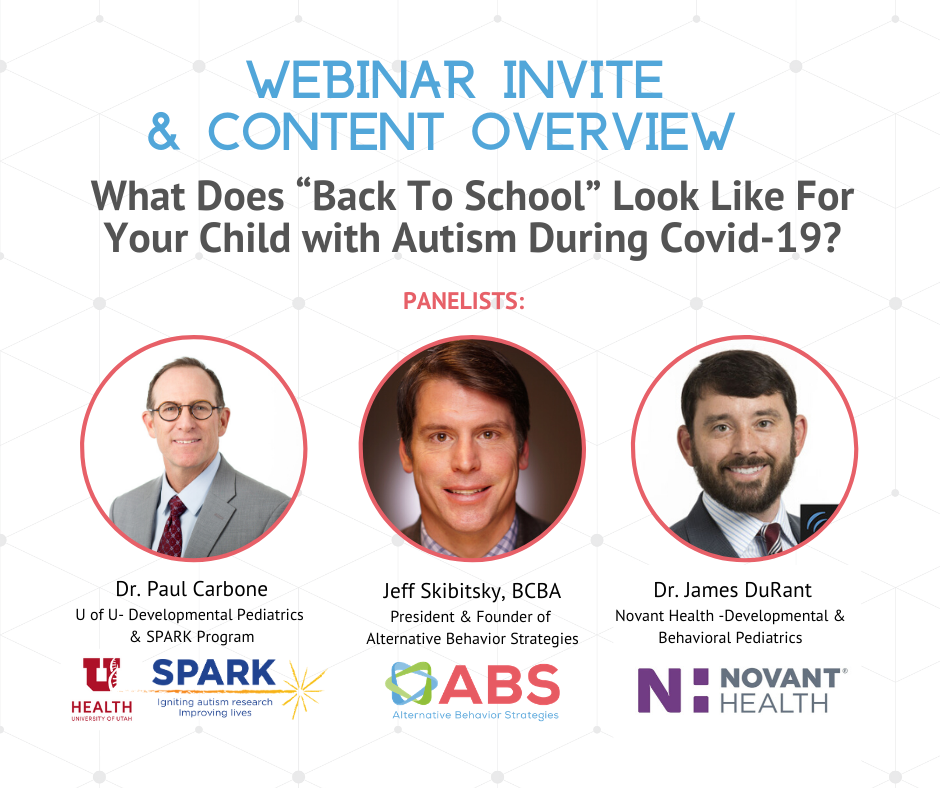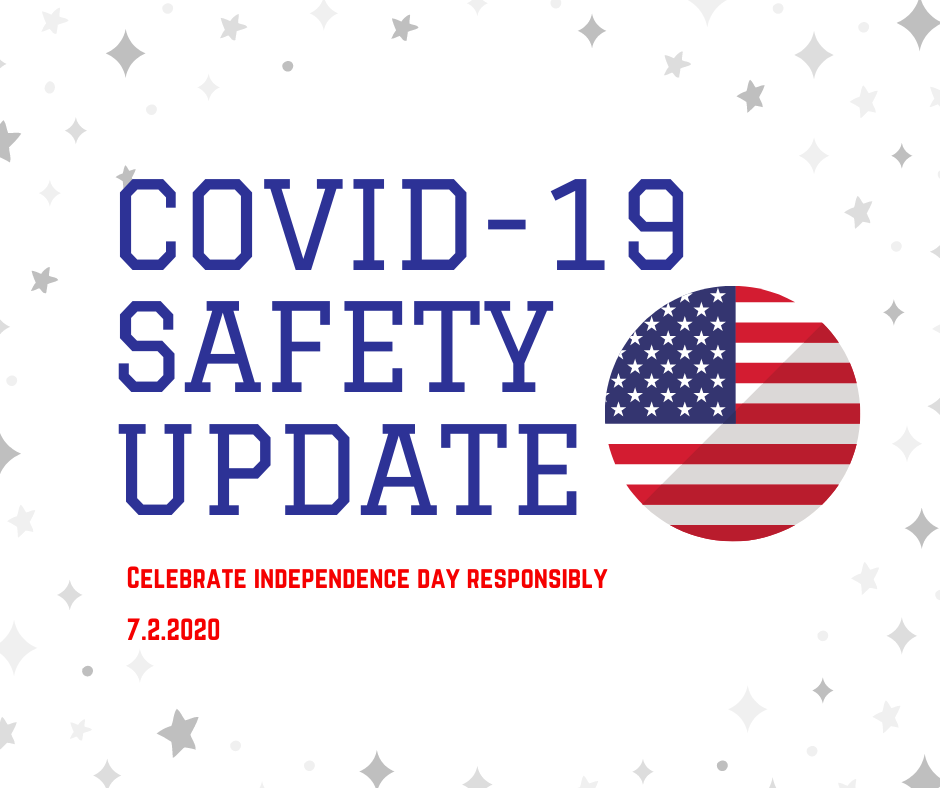ABS News: Important Covid-19 Safety Reminders
[et_pb_section fb_built=”1″ admin_label=”section” _builder_version=”3.0.47″][et_pb_row admin_label=”row” _builder_version=”3.0.47″ background_size=”initial” background_position=”top_left” background_repeat=”repeat”][et_pb_column type=”4_4″ _builder_version=”3.0.47″ parallax=”off” parallax_method=”on”][et_pb_text admin_label=”Text” _builder_version=”3.1.1″ background_size=”initial” background_position=”top_left” background_repeat=”repeat” text_font=”||||||||”]
Hello ABS Families,
The safety of our staff, the children we treat, and their families is always at the forefront of our minds. The CDC has announced that Covid-19 cases are expected to increase as we enter flu season. That being said, we all need to continue to be diligent in following state and CDC guidelines. Please review the information below in detail and let us know if you have any questions. New/updated information has been highlighted in red.
General CDC Guidelines:
- Practice social distancing of 6 ft. or more
- Avoid groups larger than 10 people
- Wear a mask if you’re outside of your house or around others
- Wash your hands often for at least 20 seconds
- Cover your face if you need to cough or sneeze
- Avoid touching your eyes, nose, or mouth
- Stay home if you’re feeling sick or have a sick family member at home. Monitor your health daily.
- Get a flu shot if you’re over the age of 6 months
Below you’ll find a reminder of the precautions that we are taking to provide ABA Therapy as safely possible. This is an unprecedented event and we will continue to keep you updated as we monitor recommendations from the CDC and other credible news sources. Think you’ve missed an update from ABS? All updates can be accessed by visiting abskids.com.
Guidelines From The CDC and How They Impact an ABA Therapy Program:
1. Focus on hygiene.
- For children with autism, this is an opportunity to emphasize skills in handwashing and cleanliness in activities of daily living, and habits such as coughing into your elbow. Members of the behavior intervention team should focus on and reinforce these skills as a part of the ABA Therapy program.
- Parents are advised to create a sanitary environment for treatment by cleaning surface areas, frequently touched areas, and toys with antibacterial soap or cleaners.
- All ABS ABA therapy centers and ABS offices have increased sanitation of all ABA Therapy tools, toys, and frequently touched surfaces.
- ABS has provided all members of the ABA therapy team with the necessary personal protective equipment.
2. Practice social distancing of six feet or more.
- In treatment, social distancing is a challenge and an emphasis should be placed on reducing physical contact.
- The number of behavior intervention team members for each child has been reduced to limit contact points while maintaining the ABA therapy program.
- Allow for fewer people in the room for treatment; reduce exposure between the additional family and the staff.
- Behavior Analysts have been approved to use telehealth to encourage social distancing. Please use where appropriate.
3. Avoid any gatherings with 10 or more people.
- For parents who take their child to one of our ABA Therapy Centers: We are taking steps in reducing access to different parts of the center to avoid any gatherings of 10 or more- this means that we are separating all clinic spaces to allow for children and staff to not congregate in groups.
4. Wear a face mask
- Face Masks are required to be worn at all times in all ABA therapy centers.
- Face Masks should also be worn in community settings when required by local or state guidelines.
- Face masks are strongly encouraged to be worn in all in-home ABA therapy sessions.
5. Ask screening questions
- Ask a series of questions of all participants (including members of the behavior intervention team as well as the patient and their family) before entering any treatment environment. –
- Q1- Have you or has anyone in your home had contact within the last fourteen days with any person under screening/testing for COVID-19, or with anyone with known or suspected to have COVID-19?
- Q2- Do you currently have any of the following symptoms that you cannot attribute to another health condition?
- Fever (100.4°F or higher)
- Employee – Please take your temperature before your shift.
- Home – The patient’s caregiver should take both the patient’s temperature and their own).
- Center – ABS employee should take the patient’s temperature upon arrival.
- Chills, shaking, or muscle aches
- Cough
- Shortness of breath
- Sore throat
- Loss of taste and smell
- Fever (100.4°F or higher)
If any of the questions have been confirmed we will not be providing services and will need to speak with the Behavior Analyst to develop a plan of action.
6. Modified Reinforcement and Sensory Activities
- The safety of our staff and the families we serve is our top priority. That being said, modifications to services may be needed. Please see the examples below:
- Blowing bubbles: If your child is “blowing bubbles” during an ABA therapy session, make sure to use a bubble gun, bubble machine, or waive the wand around you to create the bubbles. Avoid blowing directly into the wand to create the bubbles.
- Sensory Bins: The child and behavior technicians should both wash hands with soapy water for 20 seconds before and after using a sensory bin. If possible Sensory Bin should be filled with objects that are easy to disinfect. Bins should be disinfected or replaced regularly.
- High Fives / Tickles / Hugs / Lifting Etc: Wherever possible, the behavior intervention team member should verbal reinforcement or provide access to preferred items during sessions instead of physical reinforcement.
- Get Creative and Stay Safe! The behavior technician may make a game out of handwashing by instructing the child to rub their hands together to see how many bubbles they can make. This can help with fine motor skills and provide a fun sensory experience.
7. We have asked our providers to obtain a flu shot and strongly recommend that patients and their families do the same.
- “Getting a flu vaccine is more important than ever during 2020-2021 to protect yourself and the people around you from flu, and to help reduce the strain on healthcare systems responding to the COVID-19 pandemic.” – CDC
- While getting a flu vaccine will not protect against COVID-19, there are many important benefits, such as:
- Flu vaccines have been shown to reduce the risk of getting sick with the flu.
- Getting a flu vaccine can also save healthcare resources for the care of patients with COVID-19.
- Flu vaccination is an important preventive tool for people with chronic health conditions.
Team ABS is here to help. For questions regarding our procedural guidelines and recommendations, please contact your child’s behavior analyst.
Stay safe,
[/et_pb_text][/et_pb_column][/et_pb_row][/et_pb_section]

